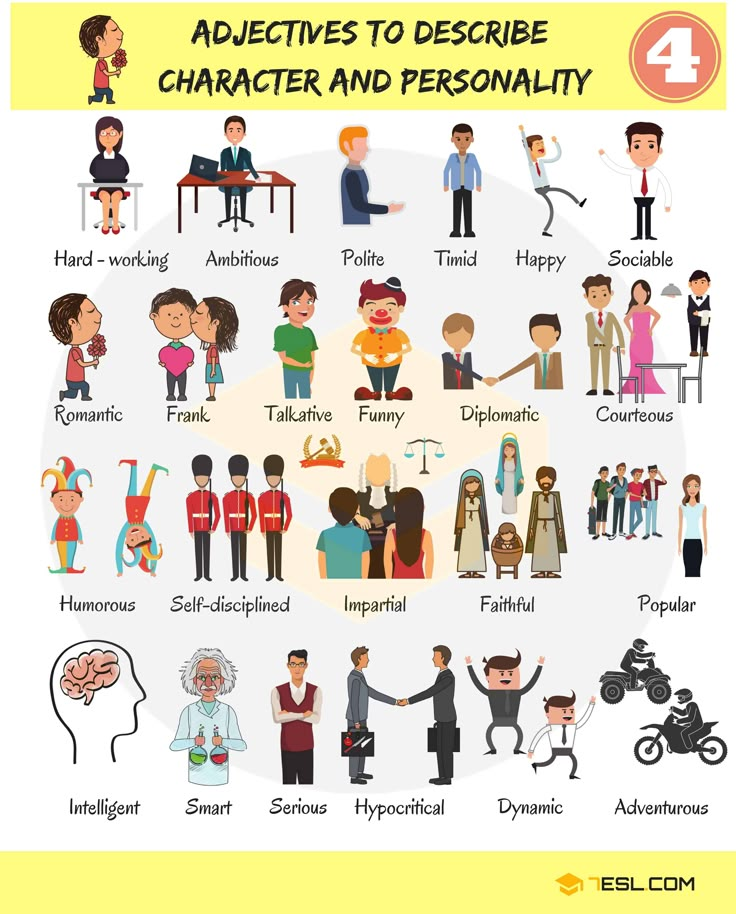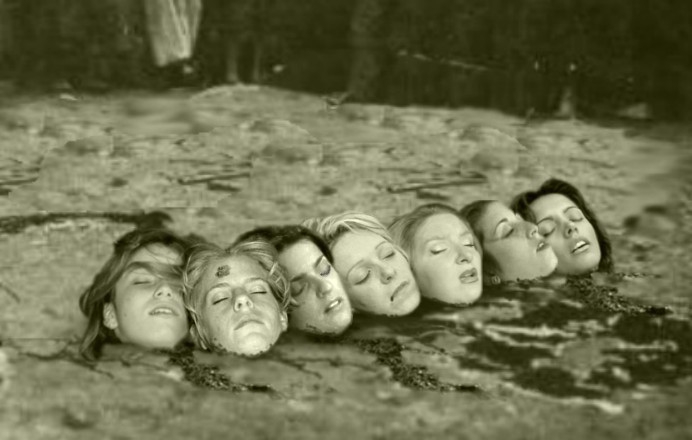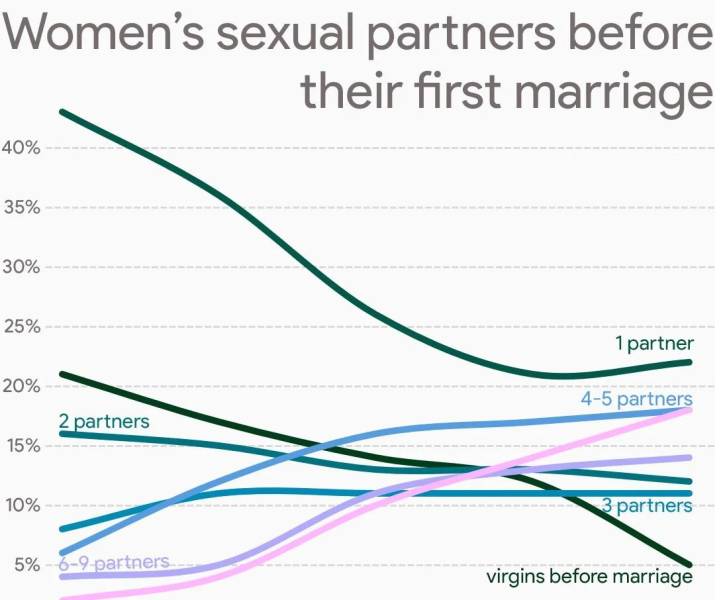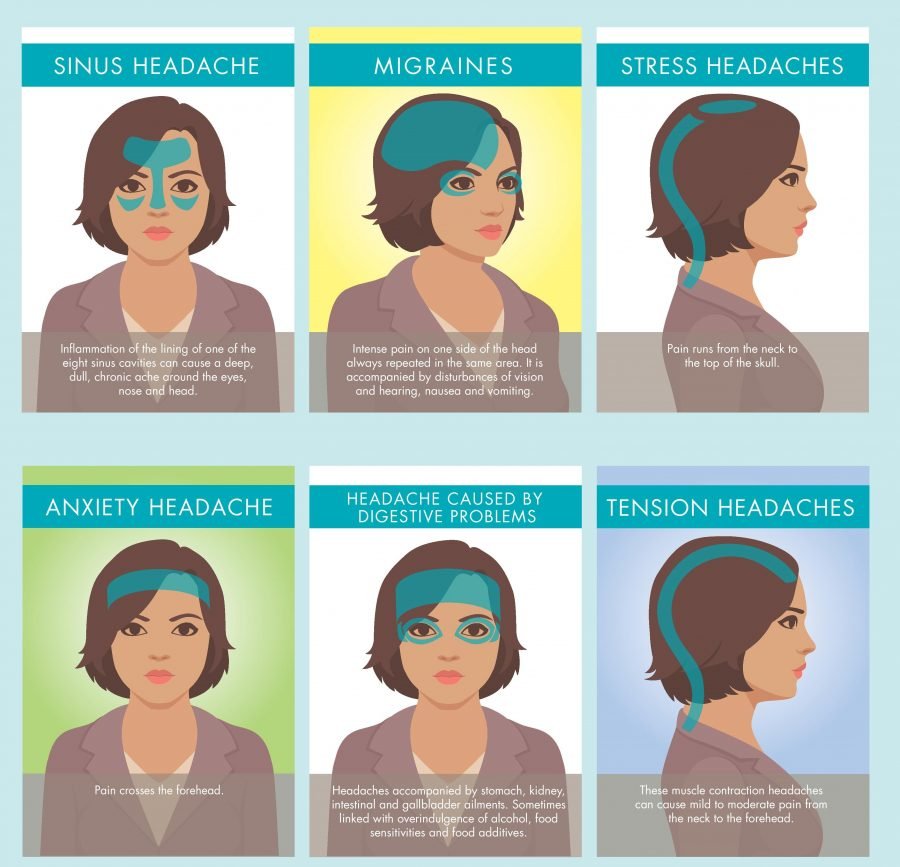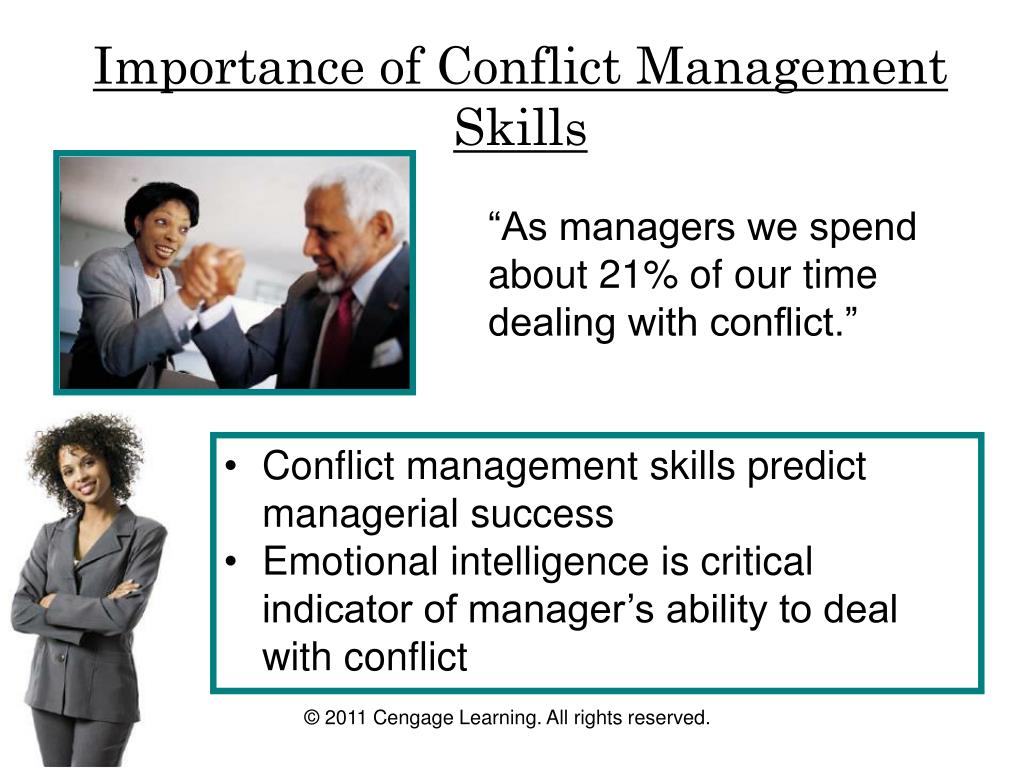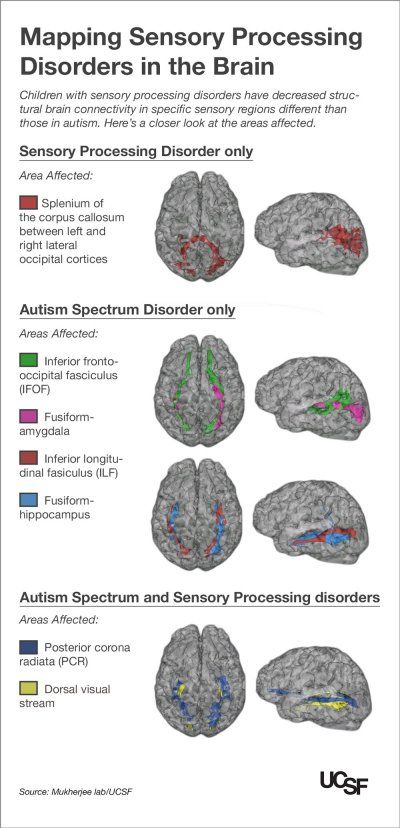Categories of people
There are eight types of people in the world, what type are you?
This new color perception quiz reveals there are eight different types of people in the world. Based on your favorite color, this quiz can reveal if you’re an individualist or an investigator. What type of person are YOU?
Below are 8 types of people in the world,
On this Article
- 1. Challengers
- 2. Peacemakers
- 3. Investigators
- 4. Helpers
- 5. Achievers
- 6. Reformers
- 7. Individualist
- 8. Loyalists
1. Challengers
Often you feel as if you must be in control of your environment.You use strength to improve others’ lives, and you’re seen as heroic, magnanimous, and inspiring to those around you.
2. Peacemakers
You will do almost anything to keep the peace and prefer that everything goes smoothly without conflict.Bringing people together and healing conflicts are your specialty.
You are known to be creative, optimistic, and supportive.
3. Investigators
It might sound like you’re the exploring type, but you tend to be introverted.You prefer to read and write rather than expressing your thoughts out loud.In others, you appreciate intelligence and look up to people that inspire you.
4. Helpers
If you have this personality type, you tend to be extremely friendly and generous.Your defining characteristics are empathy, sincerity, altruistic, selflessness, and unconditional love for others.
However, you can sometimes be taken advantage of because of your desire to constantly help others.
5. Achievers
You are known to be energetic, ambitious and highly driven for advancement.Extremely dedicated to your work, it’s likely you set store by other people’s opinions.Whether positive or negative, you’re likely to make decisions based on what other people think of you.
6. Reformers
As a reformer, you’re always striving to improve the world around you.Wisdom, discernment, realism and nobility are your defining characteristics. You are conscientious and ethical, with a strong sense of right and wrong.
You are conscientious and ethical, with a strong sense of right and wrong.
7. Individualist
This personality type is defined by being alert, insightful and curious.Individuality might conjure up the idea of someone who is a bit quirky and away with the fairies.In fact, you’re able to concentrate and focus on developing complex ideas and skills.
8. Loyalists
If you’re a loyalist, then you’re a committed type who likes to feel secure in life.Your defining characteristics are reliability, responsibility, and trustworthiness, but despite being dependable for others, you’re by no means a pushover.You’re perfectly self-reliant due to your internally stable nature and you’re just as happy championing your own interests as you are those of others.
Where do you fit in?
But, If you want to know the personality traits based on Zodiac Sign, Read this.
Understanding the 4 Personality Types: A, B, C, and D
Each person is a unique combination of four personality types. Over the centuries, these basic categories have gone by several names and designations, but for our purposes, they're known as the director, the socializer, the thinker, and the supporter. As shorthand, though, we refer to those types of personality as A, B, C, and D, respectively.
Over the centuries, these basic categories have gone by several names and designations, but for our purposes, they're known as the director, the socializer, the thinker, and the supporter. As shorthand, though, we refer to those types of personality as A, B, C, and D, respectively.
Learning how to identify people by personality type can bring a higher level of understanding to interpersonal relationships and team building, especially for employers looking for ways to avoid bad hires and reduce turnover. Indeed, a good personality test may be the most valuable tool in a hiring manager's toolbox.
Table of Contents:
- Type A personality
- Type A vs. Type B personality
- Type B personality
- Type C personality
- Type D personality
- Type X personality
- Other personality types and theories
Try our personality test free
What is a Type A personality?
A Type A personality likes to be in control of their environment and their lives. They're normally not very detail-oriented, choosing to delegate details to others. They're usually very goal-oriented and practical in their solutions. They arrive at solutions and goals with a no-nonsense, bottom-line approach.
They're normally not very detail-oriented, choosing to delegate details to others. They're usually very goal-oriented and practical in their solutions. They arrive at solutions and goals with a no-nonsense, bottom-line approach.
Type A personality characteristics
While some Type A personality traits vary from person to person, certain traits are common. The best example of a Type A personality is someone who is:
- Take-charge and highly competitive
- Fast-paced and impatient
- Entrepreneurial, workaholic
- Embraces change
- Ambitious
- Works well independently
- Passionate but short-fused
- Demands maximum freedom
- Dominant and stubborn
- Multitasking
What are other names for the Type A personality?
Here are some other names for and best examples of Type A personalities.
| Personality Tests & Approaches | Type A Personality Name |
|---|---|
| The Hire Success® System | Director |
| Hippocrates | Choleric (bodily humor: yellow bile) |
| Plato | Guardian |
| Jung | Sensor |
| DISC | D; Direct/Controlling |
| Insight | Blue |
| Myers-Briggs | ESTJ, ENTJ, ENFP |
| Enneagram | Adventurer/Achiever |
| PSI | Controller |
| Biblical character | Paul |
| Cartoon/comic characters | Lucy (from Peanuts) / Rabbit (from Winnie the Pooh) |
How to test Type A personality
A Hire Success® Type A personality test assesses behavioral characteristics.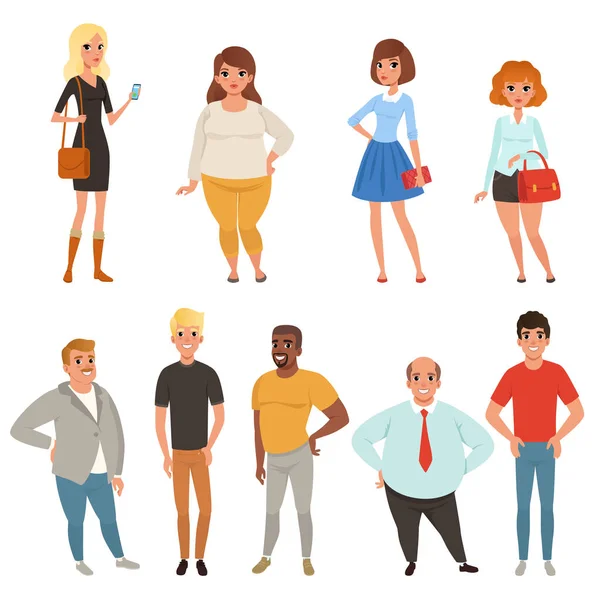 You'll get an idea of how well positive aspects like drive, perfectionism and ability to work independently balance negatives like impatience, hostility and low empathy. The test is quick, easy and even fun for employees-and gives you valuable hiring and managing insights.
You'll get an idea of how well positive aspects like drive, perfectionism and ability to work independently balance negatives like impatience, hostility and low empathy. The test is quick, easy and even fun for employees-and gives you valuable hiring and managing insights.
Try Free Book demo
Type A personality at work
When it comes to work personality types, employees with Type A personalities can typically be identified by the following traits:
- Goal-oriented
- Risk-taking
- Good under stress
- Works well independently
- Direct management style
- Good delegation skills
- Good administrative skills
- Workaholic
Type A personalities don't like a lot of restraints or restrictions placed on them. Instead, they prefer to work independently and set their own schedules. Since they tend to be workaholics, it's not unusual to see them put in whatever time and effort it takes to accomplish their goals.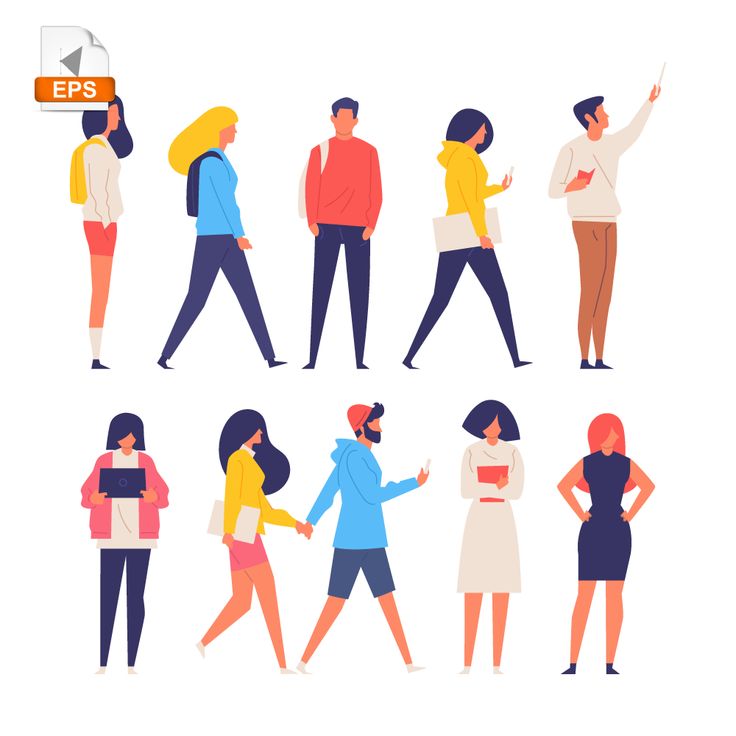 They may seem impatient at times, especially if they believe someone is spending too much time going over details with them or impeding their stride.
They may seem impatient at times, especially if they believe someone is spending too much time going over details with them or impeding their stride.
Don't be surprised to see this personality type in a supervisory position or management. Having an entrepreneurial streak, they may be a business owner or strive to own their own business someday. Type A personalities are confident and not easily discouraged.
Pros and cons of hiring Type A personality
If a Type A personality sees their day-to-day job as routine or repetitive, they'll get bored easily and won't enjoy the work. They'll want others to view them as tough in these situations, but internally they may be miserable if the job is too routine. Dominant in nature, Type A personalities will do whatever is necessary to prevent themselves from falling into patterns or routines and seek freedom instead. They'll also be very dissatisfied if they believe someone is trying to manipulate them.
A Type A personality may not be very good at recognizing coworker's feelings and needs. They're extremely focused on achieving their goals and may not notice. If you're looking for someone who works well under pressure and seems to excel in high-stress situations, the Type A personality is the best pick.
They're extremely focused on achieving their goals and may not notice. If you're looking for someone who works well under pressure and seems to excel in high-stress situations, the Type A personality is the best pick.
How to deal with Type A personality at work
Managing employees with type A personality traits at work is a balance. They can be valuable in terms of problem solving and productivity, but when unmanaged, can be disruptive. Managing motivations and situations is the key.
What motivates a Type A personality?
- Money
- Opportunity
- Freedom
- Favorable risk-reward ratio
- Challenges
- Urgency
- Success
- Leadership
What are some common words or phrases that motivate or grab the attention of the Type A personality?
- "Let's get it done."
- Fast
- Results
- Immediate/today/now
- The bottom line
- "What do you think about ___?"
- "The best (newest, cutting-edge, etc.
 )"
)" - Take the challenge
- Great return on investment
What are the turnoffs, dislikes, and fears of the Type A personality?
- Touchy-feely things
- Long explanations or descriptions
- Explaining things in emotional terms or more than once to the same person
- Looking vulnerable
- Falling into routines
- Being manipulated
- Losing
Which jobs attract a Type A personality?
The best careers for Type A personality include:
- President/CEO
- General contractor
- Salesperson or sales manager
- Business owner
- Politician
- Entrepreneur
- Police/military officer
- Manager
- Executive
Back to Top
Type A vs. Type B personality
Having a mix of personalities on your team and ensuring that they mesh will help your department or company truly excel. Understanding a Type A vs. Type B personality will help you get the balance right between these two working styles.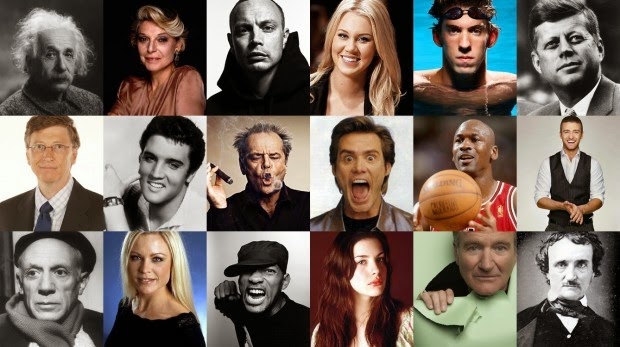
Pair goal-oriented, future-thinking Type A people with agreeable and present-focused Type Bs.
Controlling Type As can be complimented by Type Bs who work on forging strong relationships.
Self-motivated Type As can keep Type Bs, who are driven by others on the team, focused in the right direction.
It helps to understand both personality types when balancing out teams. Here is a deep dive into what a Type B personality is.
What is a Type B personality?
The Type B personality is a very outgoing, energetic and fast-paced individual who likes to be around people and enjoys being the center of attention. They're good relationship-builders and most people like them right away. Their driving need is for approval, so they try to like everyone in hopes everyone will like them, too. Compliments, acknowledgement of their achievements, words of admiration, and even applause from these groups are the most important thing you can do for them.
Type B personality traits
Like Type A personalities, Type B personality characteristics can also vary by individual. The best example of Type B personality is someone who is:
The best example of Type B personality is someone who is:
- Enthusiastic and fun-loving
- Persuasive
- Friendly
- Charismatic and confident
- Idea person, dreamer
- Short attention span
- Motivator
- Spontaneous and impulsive
- Procrastinator
What are other names for the Type B personality?
| Personality Tests & Approaches | Type B Personality Name |
|---|---|
| The Hire Success® System | Socializer |
| Hippocrates | Sanguine (bodily humor: blood) |
| Plato | Artisan |
| Jung | Intuitor |
| DISC | I; direct/supporting |
| Insight | Green |
| Myers-Briggs | ENTJ, ENTP, INTJ, INTP |
| Enneagram | Helper/romantic |
| PSI | Promoter |
| Biblical character | Peter |
| Cartoon/comic characters | Snoopy (from Peanuts) / Tigger (from Winnie the Pooh) |
How to test Type B personality
The Hire Success® Type B personality test helps you assess how a given person will fit within your culture and teams.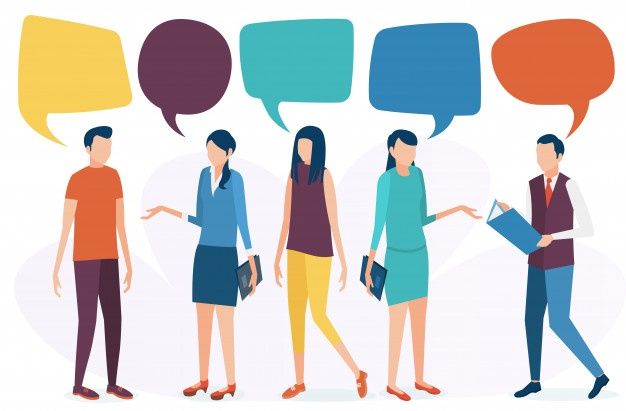 While you may make you feel comfortable surrounding yourself with people like you, it's better to have a good balance of personalities on your team.
While you may make you feel comfortable surrounding yourself with people like you, it's better to have a good balance of personalities on your team.
This test lets you find Type B personality traits like being easy-going, optimistic, creative and a team player with weaknesses like being impulsive, needy of validation, and procrastinating. The test is easy and gives you valuable insights for hiring and managing potential team members.
Try Free Book demo
Type B personality at work
Employees with Type B personalities can typically be identified by the following traits:
- Relationship-oriented
- Outgoing
- Enthusiastic
- Doesn't finish what was started
- May try to do too much at once
- Easily bored
- Easily liked by most people
Type B personalities love to talk about themselves. Some may view that as self-centered, but a Type B's real motivation is to be liked. For an extreme example, Bette Midler in the movie Beaches invited an old friend up to see her lavish apartment and told her about her great success.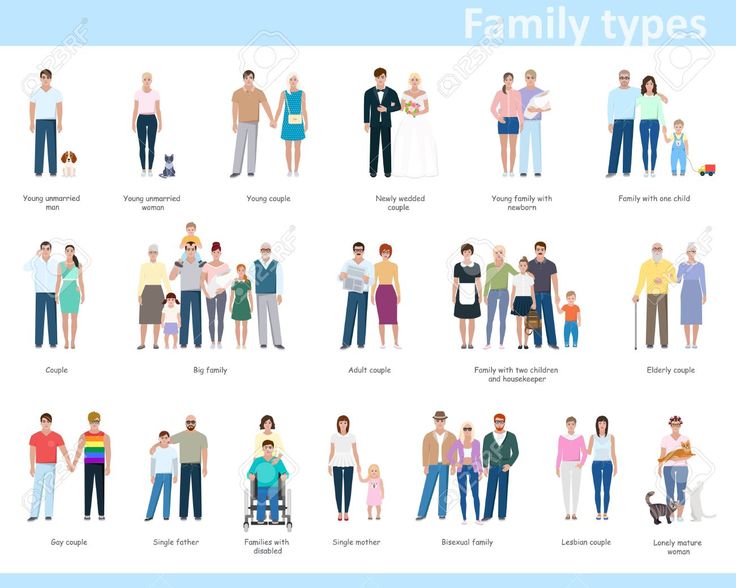 She said to the friend: "Enough about me. Let's talk about you. So, what do you think of me?"
She said to the friend: "Enough about me. Let's talk about you. So, what do you think of me?"
The Type B personality's biggest fear is being humiliated in public, since that might make many people disapprove of them. It could be traumatic for them. The B personality doesn't want to appear unattractive or unsuccessful either, so they'll hide any weakness.
Pros and cons of hiring Type B personality
Some of the strengths you can count on from the Type B personality are their enthusiasm, outgoing behavior, friendliness, and their ability to persuade even the most skeptical of people. They tend to be dreamers and can often turn those dreams into very practical ideas in the workplace. Type B personalities are spontaneous and use their quick wit and humor to make people like them. They aren't very good about hiding their own feelings either, so if they're hurt or disappointed, you'll probably be able to read it in their mannerisms and overall disposition.
Some of the natural weaknesses associated with the Type B personality include being impatience, a short attention span, and not being very detail-oriented.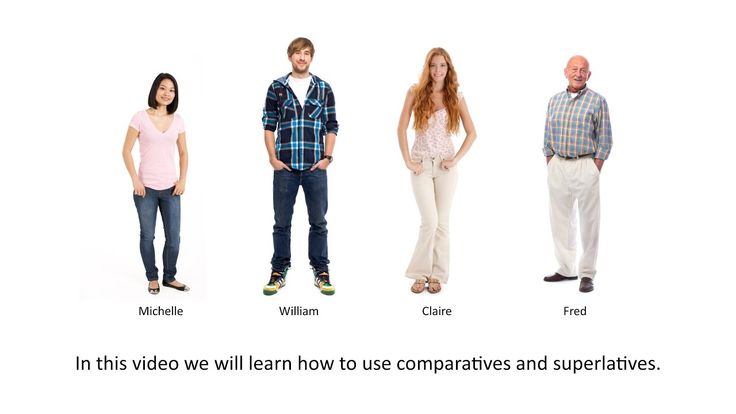 In business, Type B personalities may tend to over-socialize and not spend as much time doing their work because they strive for social interaction. During the hiring process, they may be inclined toward unstructured, rambling interviews rather than structured ones, and bad interviews can lead to bad hires. Despite their natural tendency, many Type B personalities have learned to keep their counterproductive impulses in check while benefiting from the positives.
In business, Type B personalities may tend to over-socialize and not spend as much time doing their work because they strive for social interaction. During the hiring process, they may be inclined toward unstructured, rambling interviews rather than structured ones, and bad interviews can lead to bad hires. Despite their natural tendency, many Type B personalities have learned to keep their counterproductive impulses in check while benefiting from the positives.
How to deal with Type B personality at work
Put Type B people on teams and spend time working with them directly. Avoid putting them in a solitary position with little interaction because they're most effective in collaborative situations. They're also ideal for positions where they must interact with customers or suppliers and thrive in social settings.
What motivates a Type B personality?
- Public recognition
- Awards, plaques, certificates
- Having picture taken with celebrities
- Succeeding, especially beyond peers
- Being the center of attention, public speaker, director, etc.
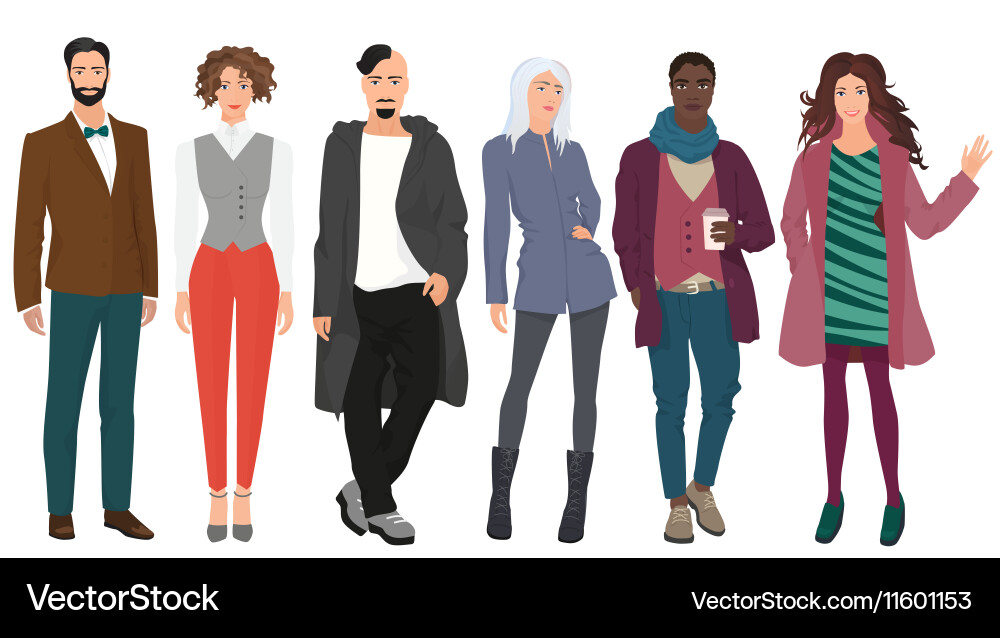
- Acceptance
- The latest styles and/or trends
What are some common words or phrases that motivate or grab the attention of the Type B personality?
- "You look great."
- "You're the best ____."
- "People love you."
- "This will be fun."
- Entertaining
What are the turnoffs, dislikes, and fears of the Type B personality?
- Public humiliation
- Being unappreciated
- Appearing uninvolved
- Nonsocial types
- Appearing unattractive
- People and things that distract attention
- Appearing unsuccessful
- Appearing unacceptable
The best careers for Type B personality include:
- Public relations
- Salesperson
- Entertainment
- Personnel interviewer
- Professional host(ess)
- Politician
- Recreation director
- Party planner
- Customer service/relations
Back to Top
What is a Type C personality?
The Type C personality is a very detail-oriented individual who likes to be involved in things that are controlled and stable.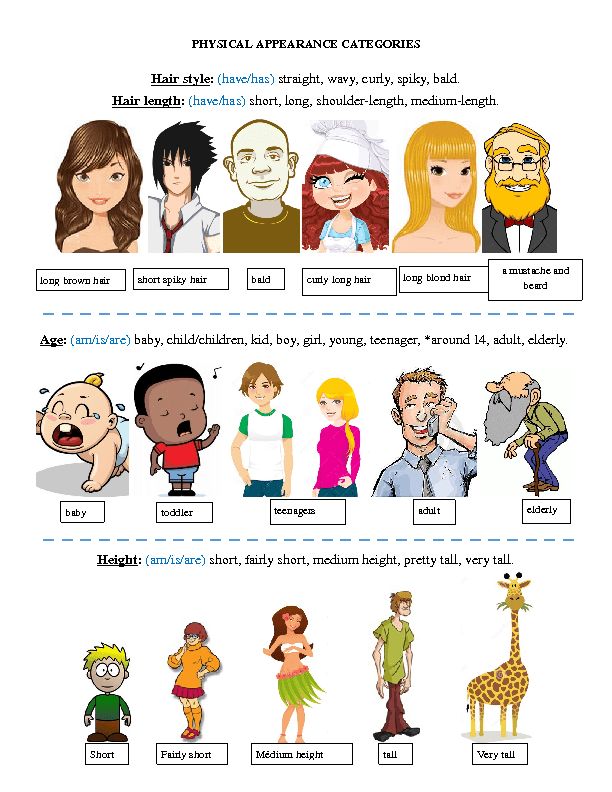 They're interested in accuracy, rationality, and logic. People who can't seem to control their emotions will bother them because Type C personalities believe being emotional makes objectivity difficult. They also dislike being around people who are full of hype, since they desire facts, accuracy and logic. Other people's emotions may not be a priority for them, as they tend to strive for the facts and let the chips fall where they may.
They're interested in accuracy, rationality, and logic. People who can't seem to control their emotions will bother them because Type C personalities believe being emotional makes objectivity difficult. They also dislike being around people who are full of hype, since they desire facts, accuracy and logic. Other people's emotions may not be a priority for them, as they tend to strive for the facts and let the chips fall where they may.
Type C personality characteristics
Type C personalities come with considerable variations, however, the best example of a Type C personality is someone who is:
- Accuracy and detail-oriented
- Creative
- Dependable
- Skeptical
- Independent and can appear anti-social
- Lawful
- Organized
- Analytical and critical
- Worried about progress
- Detached and disengaged
What are other names for the Type C personality?
| Personality Tests & Approaches | Type C Personality Name |
|---|---|
| The Hire Success® System | Thinker |
| Hippocrates | Melancholic (bodily humor: black bile) |
| Plato | Scientist |
| Jung | Thinker |
| DISC | C; indirect/controlling |
| Insight | Gold |
| Myers-Briggs | ESTJ, ESFJ, ISTJ, ISFJ |
| Enneagram | Asserter/perfectionist |
| PSI | Analyst |
| Biblical character | Moses |
| Cartoon/comic characters | Linus (from Peanuts) / Eeyore (from Winnie the Pooh) |
How to test Type C personality
The Hire Success® Type C personality test helps you find people with traits in this cluster. You will be able to quickly assess the positives, like detail-oriented focus, ability to work alone, troubleshooting and planning skills. You will be able to manage the negatives like social inhibition, conflict avoidance and anxiety.
You will be able to quickly assess the positives, like detail-oriented focus, ability to work alone, troubleshooting and planning skills. You will be able to manage the negatives like social inhibition, conflict avoidance and anxiety.
Try Free Book demo
Type C personality at work
People with Type C personalities can typically be identified by the following traits:
- Detail-oriented
- Logical
- Prepared
- Likes to do things their own way
- Worry about progress
- May never have personal expectations met
- Quality control
Type C personalities tend to be quite controlling, both of themselves and others. They don't like things to get out of hand and may appear stoic because they don't really want themselves to display a lot of emotion. They're very outcome-driven and will be sticklers for following protocol.
They're careful, resourceful, and, above all, excellent thinkers who will look at all aspects of an issue before taking a stand.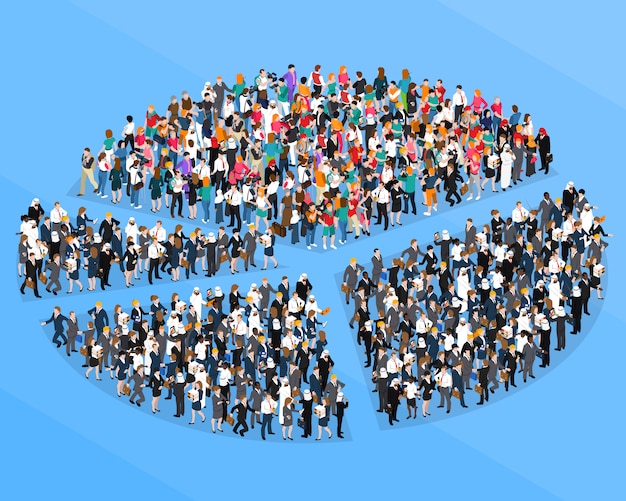 Once they take a stand on an issue, though, they'll have the facts to back it up, so anyone who challenges them better be prepared. If you have a Type C personality on your job candidate shortlist, you'll want to prepare some thoughtful interview questions if you don't want a carefully rehearsed response.
Once they take a stand on an issue, though, they'll have the facts to back it up, so anyone who challenges them better be prepared. If you have a Type C personality on your job candidate shortlist, you'll want to prepare some thoughtful interview questions if you don't want a carefully rehearsed response.
Pros and cons of hiring Type C personality
Type C personalities like their jobs to be clearly defined and want to know their expectations. Knowing those facts, they will be able to prioritize their tasks and see them through to completion.
In managerial roles, they're cautious and logical and require many details and facts before they make a decision. People who try to sell them something with emotion usually fail. The Type C personality would consider such an effort to be hype and would wonder what facts the other person is trying to hide.
In more public roles, Type C personalities will strive for originality, cleverness and uniqueness in all things. Because of their detailed orientation, they're meticulously prepared to defend their decisions against any possible objections. Many accountants and lawyers are Type C personalities. They're excellent for any job that requires creative thinking based on patience, facts and accuracy.
Many accountants and lawyers are Type C personalities. They're excellent for any job that requires creative thinking based on patience, facts and accuracy.
How to deal with Type C personality at work
Those with Type C personality traits can play valuable roles on your team. They're motivated to handle important tasks that require determination and an eye for detail. They're less comfortable in leadership positions and prefer to work alone.
What motivates a Type C personality?
- Control
- Opportunities to be independent and analytical
- Challenges
- Problem-solving
What are some common words or phrases that motivate or grab the attention of the Type C personality?
- Perfection
- "How does that work?"
- Quiet, solitude
- "Tell me more about ____."
What are the turnoffs, dislikes, and fears of the Type C personality?
- Uncontrolled emotions
- Irrational acts
- Indecision
- People who are self-centered, or self-aggrandizement
- Loss of control
- Being subject to control or supervision by people they don't trust or respect
- Distractions or distracting people
Which jobs attract a Type C personality?
The best careers for Type C personality include:
- Forecaster
- Troubleshooter
- Critic
- Investigator (police, crime scene, private, etc.
 )
) - Engineer
- Technical support
- Research scientist
- Game designer
- Data analyst
- Pilot
- Programmer/analyst
- Artist
- Actuary
- Musician
- Accountant/auditor
- Inventor
Back to Top
What is a Type D personality?
A Type D personality takes a slower, easier pace toward their work and life in general. They seek security and longevity on the job and are very happy doing a repetitive task day in and day out. The repetition allows them to become very skilled. Likewise, they won't like it if the rules change a lot. That's contrary to their desire to minimize change and stick with what they know works. For the Type D personality, even though the current way may be unpleasant, they worry that the unknown may be even worse.
Type D personality traits
As with the previous personalities, you'll find plenty of variation with Type D people. The best example of a Type D personality is someone who is:
- Shy, low-key and observant
- Caring
- Sincere
- Consistent, dependable
- Calm and stable
- Fair and equitable
- Looks approachable
- Avoiding confrontation
- Resistant to change
- Self-confident
What are other names for the Type D personality?
| Personality Tests & Approaches | Type D Personality Name |
|---|---|
| The Hire Success® System | Supporter |
| Hippocrates | Phlegmatic (bodily humor: phlegm) |
| Plato | Philosopher |
| Jung | Feeler |
| DISC | S; indirect/supporting |
| Insight | Orange |
| Myers-Briggs | ESTP, ESFP, ISTP, ISFP |
| Enneagram | Peacemaker/observer |
| PSI | Supporter |
| Biblical character | Abraham |
| Cartoon/comic characters | Charlie Brown (from Peanuts) / Winnie the Pooh |
How to test Type D personality
Because Type D personalities are anything but easy going, finding out what makes them tick can help you get the most from hiring this type. While they're highly trustworthy, compassionate, and deep thinkers, they can suffer from low self-confidence and pessimism. The Hire Success® Type D personality test will help you find the right place for them on your team.
While they're highly trustworthy, compassionate, and deep thinkers, they can suffer from low self-confidence and pessimism. The Hire Success® Type D personality test will help you find the right place for them on your team.
Try Free Book demo
Type D personality at work
People with Type D personalities can typically be identified by the following traits:
- Task-oriented
- Stabilizing
- Cautious
- Going along when they don't agree
- Easily used by others
- Uncomfortable with constant change
- Good at routines or repetitive tasks
They seek the respect, sincere admiration, and acceptance of others. The Type D personality will gladly work hard to please the people they work for as long as they feel appreciated and receive plenty of reassurance that they're needed. They need that sense of security. Type D personalities often think the Type A personality is crazy for taking so many risks and not showing much concern for security and longevity.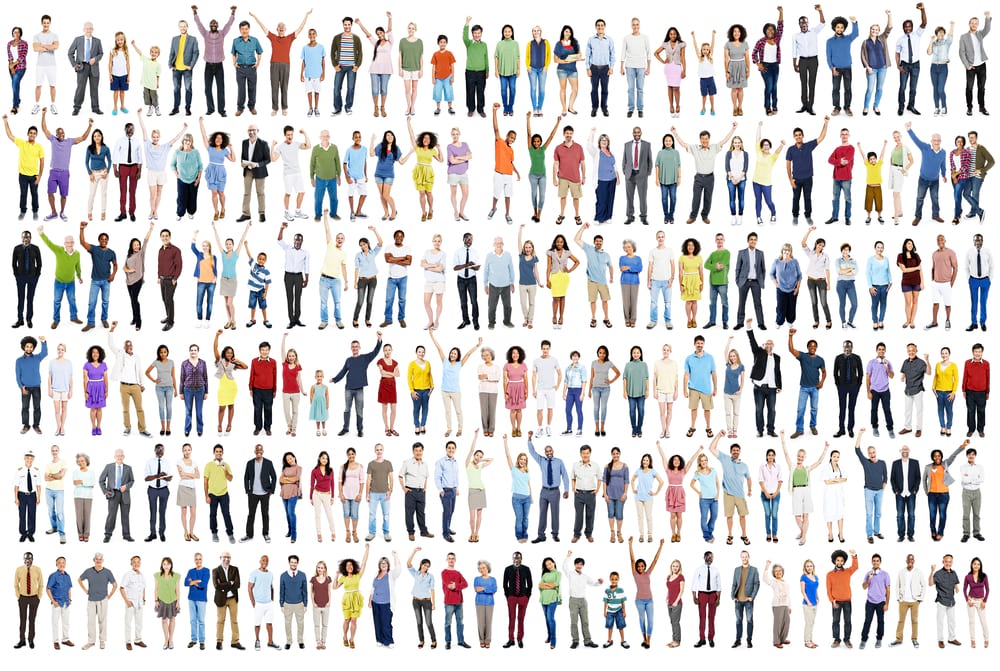
Pros and cons of hiring Type D personality
People with Type D personality traits are usually very organized; being around a messy environment or disorganization will bother them. They're also good at playing a very supportive role with others and are normally very caring, thoughtful, and compassionate. They're patient, tend to be good listeners and will persevere when all others have given up. A stabilizing force, they especially like working in a group or on a team.
Although they may not be as fast as others, they're accurate and thorough. They'll usually keep their feelings to themselves and are reluctant to express themselves, even if a more assertive type seems to be taking advantage of them. They tend to go along with anything.
To attract the Type D personality in a job ad, be sure to talk about the company benefits package and the long-term growth potential within the company. Having a secure, stable environment will be very important to Type D personalities.
How to deal with Type D personality at work
Managing a Type D personality takes some finesse. You cannot let their natural pessimism and social comfort issues bring down the team. Their hard-working nature, compassion and honesty are valuable strengths. They're keen at observation and think things through, so they can be valuable at solving problems and reducing risk.
What motivates a Type D personality?
- Stability
- Benefits
- Security
- Low risk
- Routine
- Team/group opportunities
- Calm work atmosphere
What are some common words or phrases that motivate or grab the attention of the Type D personality?
- "Help others in need"
- Relaxed atmosphere
- Logical
- Rational
What are the turnoffs, dislikes, and fears of the Type D personality?
- Risks
- Pushy people
- Change (especially frequent change)
- Instability
- Disorganization
- Aggressive behavior
- Disruption in routine
- Surprises
- The unknown
- Conflict
Which jobs attract a Type D personality?
Considering the benefits they bring to your organization, the best careers for Type D personality include:
- Secure team position
- Administrator
- Financial services
- HR manager
- Social worker
- Bureaucrat
- Family doctor/nurse
- Assembly line worker
- Residential/community services
- Mechanic
- Teacher
- Counselor
- Personal assistant/secretary
- Minister
- Insurance agent
- Supervisor
- Librarian
- Security guard
- Customer service representative
Back to Top
What is a Type X personality?
Whenever two or more personality types are equal in strength within a person, that person is considered a Type X personality.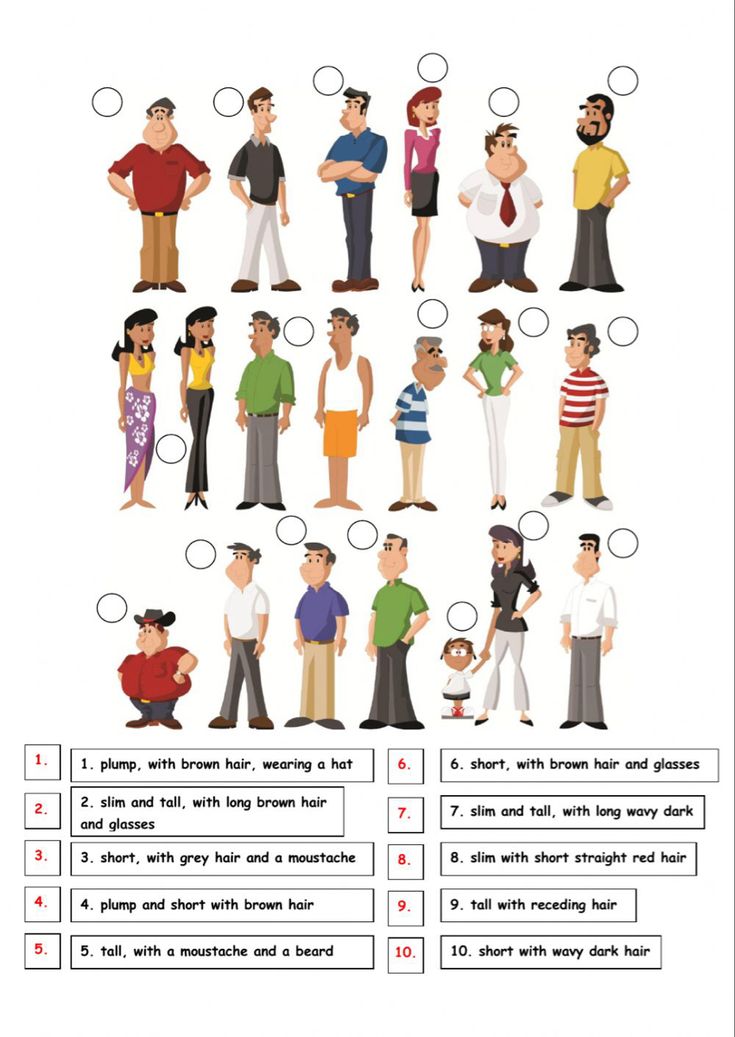 For example, if an individual's two highest-strength personality types were A and B, they might be identified as AX and BX. In the rare event that all four personality types were identical, that person would be considered simply as a Type X personality.
For example, if an individual's two highest-strength personality types were A and B, they might be identified as AX and BX. In the rare event that all four personality types were identical, that person would be considered simply as a Type X personality.
Type X personality traits
The X indicates a cross or an intersection of two or more types. It's not unusual to see the X between two of the four personality types, and it doesn't necessarily have to include the primary personality. However, when it does include the primary personality, the individual in question may have a tendency to be like one type in one situation and the other type in another. When all four temperaments are very close in strength, the individual may seem like a mixture of personalities.
This can be beneficial for many jobs, especially when it's important that the person gets along with almost everybody, such as consultative sales people. The Type X personality tends to change personality "colors" as needed based on their surroundings.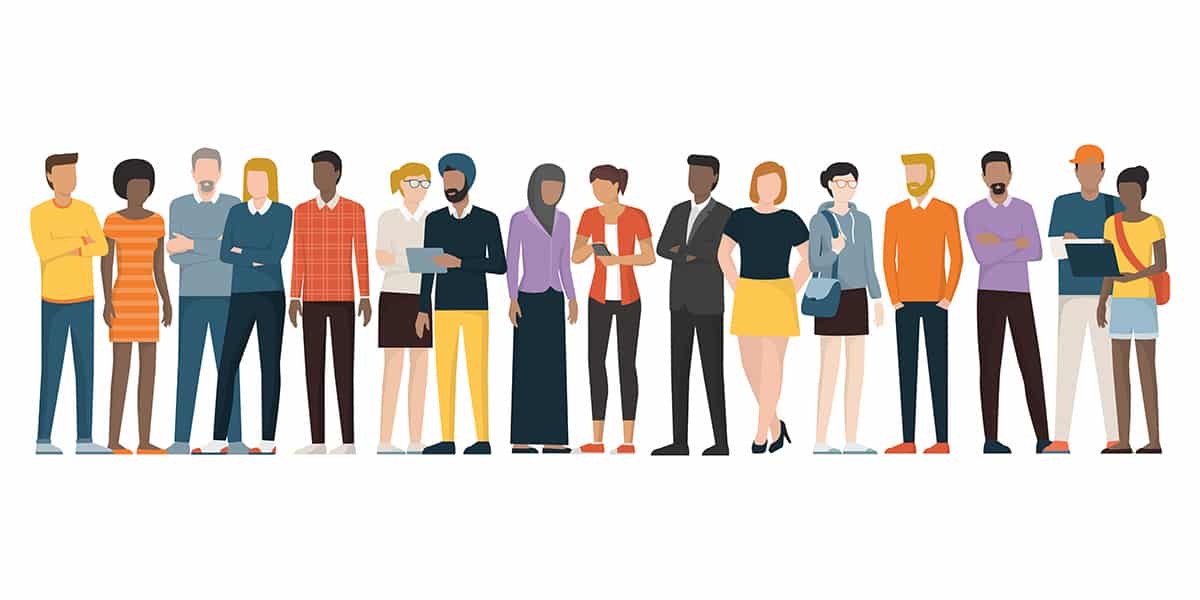 Although unpredictable at times, this rare combination could be an important asset if fully utilized.
Although unpredictable at times, this rare combination could be an important asset if fully utilized.
How many personality types are there?
Depending on the model, you can have just four or five personality types or sixteen or more. Here are the most common ways of categorizing personalities.
The Big Five personality traits
This model looks at how a person thinks, feels and behaves. What is called “openness to experience” refers to curiosity and creativity. "Conscientiousness" measures affinity for organization and responsibility. Measuring "extraversion" provides insight as to sociability and being assertive. "Agreeableness" refers to getting along with people, being compassionate and showing respect. Finally, things like anxiety and depression are measured by "neuroticism".
Myer-Briggs Type Indicator
This test measures how people perceive their worlds, make decisions, and interact with others. It's not ideal as a pre-employment test because it can be easily manipulated. People can guess what answers might seem most desirable for a given role. It also outputs rather complex results, making it impractical for hiring and managing people.
People can guess what answers might seem most desirable for a given role. It also outputs rather complex results, making it impractical for hiring and managing people.
16 Personality Types
The Myers-Briggs® model identifies four personality trait clusters that can combine in multiple ways, leading to sixteen distinct combinations. While valid results can be fascinating, they're just not practical or reliable for managing teams. The Type A B C D personality test model that Hire Success® uses evaluates 20 different trait scales independently, providing three-dimensional insight in a simple format. It reveals the individual without forcing them into one of four boxes.
How to use the 4 basic personality types: A, B, C, and D
Expect similar descriptions printed on the Hire Success® Overview Report. Each applicant is instructed to respond to the Hire Success®Personality Profile form based on how they work. The results will indicate which of the four personality types they draw from most. The system automatically provides a description of the primary personality at the beginning of the Overview Report. Variations of the above will be printed if the test taker is a combination of more than one personality type, or a Type X. You can compare the results against the baseline you developed to help speed up your hiring process.
The system automatically provides a description of the primary personality at the beginning of the Overview Report. Variations of the above will be printed if the test taker is a combination of more than one personality type, or a Type X. You can compare the results against the baseline you developed to help speed up your hiring process.
In the Summary Report, a bar chart is provided along with a percentage, or strength, of each of the four personality types. The higher the percentage, the more dominant that personality type. When two or more types of personality are close, or the same, in strength, the applicant may be characteristic of both types.
These Type A, B, C, and D personality descriptions are classic descriptions designed to provide you with some background information about a personality. The Hire Success® system uses these descriptions for contrast to the specific descriptions and values found in the traits section of the report. In many cases, the applicant's individual traits may differ from what you may see described in the overall personality description.
The Hire Success® system determines traits independently and doesn't base trait information on what might be expected from a particular personality type. The inclusion of these expanded traits is one of the ways the Hire Success® system differs from other systems, like Myers-Briggs®, and opens the door to highlight those differences that make the applicant a unique individual — not one squeezed into one of four boxes. If and when you see a trait differ from what might be described in the personality overview, it's not a mistake. It's most likely the trait you can expect to see from the applicant on a day-to-day basis and not just an expectation based on a traditional Type A, B, C, or D personality description.
Back to Top
Try Free Book demo
3 categories of people: zsbooka - LiveJournal
3 categories of people: zsbooka - LiveJournal ?- Society
- CANCEL
There are categories of people:
1. The largest category (vast majority) - The so -called "mass", people: : they poorly understand everything that happens to them and around them, they don’t see and don’t understand the cause and effect, they don’t want to think about anything, but they try to live “according to the rules” that they are hammered into in the family, in kindergarten, at school, at work, on TV, etc. nine0025 2. A small category of “successful” people: understand the “rules” well and use them skillfully, to their advantage.
3. Elite: create "rules".
P. S. There is a good film about all this. Everyone watched it, but most probably did not understand what it was about. This movie is The Matrix. Yes, yes, the same one. And indeed, all of us, right now, live in the Matrix, but not in the one - fantastic, where aliens and robots, but in the real one - our own, completely earthly and natural. nine0030
This movie is The Matrix. Yes, yes, the same one. And indeed, all of us, right now, live in the Matrix, but not in the one - fantastic, where aliens and robots, but in the real one - our own, completely earthly and natural. nine0030
We are chained and bound by the rules and conventions of our Matrix, and we are afraid to destroy them, we are afraid to break the rules, we are afraid to break out of the Matrix. Because the truth is unsightly, because self-deception is easier and more pleasant. Those who have succeeded have understood the laws of the Matrix. Those who escaped from it are trying to reprogram it for themselves. The Matrix fights those. All people living in the Matrix struggle with such. But if you were able to understand the laws of programming the Matrix, and if you were able to use them, then you begin to manage it. That's it. nine0030
#people_categories, #create_rules, #understand_rules, #follow_rules, #success, #understand_reality, #society
analysis, benefit, categories of people, short and interesting, mass, people, society, rules, reality, successful
Subscribe
-
Honesty
against the background of permanent total self-interest, not .
 ..
.. -
A gloomy story: there was a village...
Once upon a time there was a man. And the peasant had a plot of land with an unsightly, shabby hut on it, and on that land there were chickens. And now they got into the habit...
-
Civilian weapons: it is impossible to leave a ban
Against the backdrop of another high-profile case of the mass shooting of children at school, caring citizens across the country are now trying to understand the reasons...
-
The trap of total hopeless poverty
A couple of decades ago, when Europe was still much richer than Russia, many of our emigrants worked there in unpleasant and semi-legal jobs ...
-
Endured philosophy but a very specific category of commentators...
-
The fate of the "middle class" and the future of humanity - no more, no less 😉 😆
The "middle class" is steadily dying out and will cease to exist in the near future in the modern sense of the term.
 This is…
This is… -
The fate of the “middle class” in Russia
Entertaining interview with Professor Alexander Chepurenko of the Higher School of Economics (HSE, Head of the Department of Sociology). That is, the text from the lair…
-
The fate of the “middle class”
What does “middle class” mean? Here in the USA there is a beautiful informal definition: a representative of the middle class is someone who… Now I will state my thoughts to you, and you will criticize them, do not be shy if you do not agree ...
-
A dark story: there was a village...
Once upon a time there was a man. And the peasant had a plot of land with an unsightly, shabby hut on it, and on that land there were chickens. And now they got into the habit...
-
Civilian weapons: it is impossible to leave a ban
Against the backdrop of another high-profile case of the mass shooting of children at school, caring citizens across the country are now trying to understand the reasons.
 ..
.. -
The trap of total hopeless poverty
A couple of decades ago, when Europe was still much richer than Russia, many of our emigrants worked there in unpleasant and semi-legal jobs ...
-
Endured philosophy but a very specific category of commentators...
-
The fate of the "middle class" and the future of humanity - no more, no less 😉 😆
The "middle class" is steadily dying out and will cease to exist in the near future in the modern sense of the term. This is…
-
The fate of the “middle class” in Russia
Entertaining interview with Professor Alexander Chepurenko of the Higher School of Economics (HSE, Head of the Department of Sociology). That is, the text from the lair…
-
The fate of the “middle class”
What does “middle class” mean? Here in the USA there is a beautiful informal definition: a representative of the middle class is someone who… Now I will state my thoughts to you, and you will criticize them, do not be shy if you do not agree .
 ..
..
Three categories of people for your personal growth
Communication with other people eats up the lion's share of our time. The question is who you communicate with and how effectively you use this communication for your own development. In the six years that I have devoted to the development of educational projects and the conduct of training programs, I realized how important the people with whom we have the honor to spend time. nine0030
Do you know that stupidity is transmitted? As well as intellectual abilities. If you spend most of your time interacting with people who are below your level in some area, then after a few months you will notice that you yourself begin to adapt and get used to this level. Equally, you probably noticed when you communicate with smart and erudite people, they want to match, imitate. I want to be like them, to be just as interesting, open, exciting, professional. You understand that with such people you will develop and grow. And the main thing is that you have to grow up in these conditions, there is not much choice. nine0030
I want to be like them, to be just as interesting, open, exciting, professional. You understand that with such people you will develop and grow. And the main thing is that you have to grow up in these conditions, there is not much choice. nine0030
When you communicate with less experienced people, you are more likely to act as a teacher - this is also good. In general, it is a recognized fact that a person learns well when he teaches others. I will talk about this in more detail a little later. But at the moment, the main idea is: there must be some balance in who you communicate with, because all these people act as mentors for us, to some extent.
For your development to be effective, surround yourself with three categories of people:
1) Those from whom you learn (mentors and mentors). nine0030
2) Who you study with (colleagues, partners, professionals).
3) Those whom you teach (students, wards).
Who you learn from: mentors / mentors
Mentors are all around us. Sometimes we choose them for ourselves, sometimes they choose us, and sometimes the mentor does not even know that he is your mentor (as well as you may not be aware of this). In any case, this is one of the most important keys to success in mastering any skill - finding those from whom you can learn what you want. nine0030
Sometimes we choose them for ourselves, sometimes they choose us, and sometimes the mentor does not even know that he is your mentor (as well as you may not be aware of this). In any case, this is one of the most important keys to success in mastering any skill - finding those from whom you can learn what you want. nine0030
There are mentors with whom you can meet once or twice a month (per week/per day, if this is a mentor in the company where you work), communicate, ask questions, learn about their experience, immediately applying it in your practice. There is another category of mentors that does not know about you. You ask "How is it?". It's very simple: you find a specialist in your field, a person who has achieved the results that you want to come to. You study its history, carefully observe what and how it does, look for what you can learn and what you can adopt. Pay attention not only to his victories and how he achieved them, but also to defeats and how he overcame them. I will post a detailed article on how to find a mentor, how to make him accept you and start working with you, while understanding what motivates him. For now, think about whether there are people in your life from whom you learn (and what do you learn from them?), and how you could enhance the result of communicating with them. nine0030
For now, think about whether there are people in your life from whom you learn (and what do you learn from them?), and how you could enhance the result of communicating with them. nine0030
People you study with
The second category of people you should surround yourself with are people you can study with. Often you may feel the need to share your thoughts with someone about a topic you are studying. And if you are not a sociopath and do not communicate only with a tape recorder, then meeting people who also want to grow in your chosen field can help you. There is an opinion that we are a collection of people around us. Surely you have noticed how you start to work and grow when you find yourself among those like you? nine0030
When you go to some event (conference, seminar, forum) or training program, as a rule, you grow not only thanks to new knowledge, but thanks to the atmosphere in which you find yourself. Well, besides, the experience of the speaker and trainer is not always important.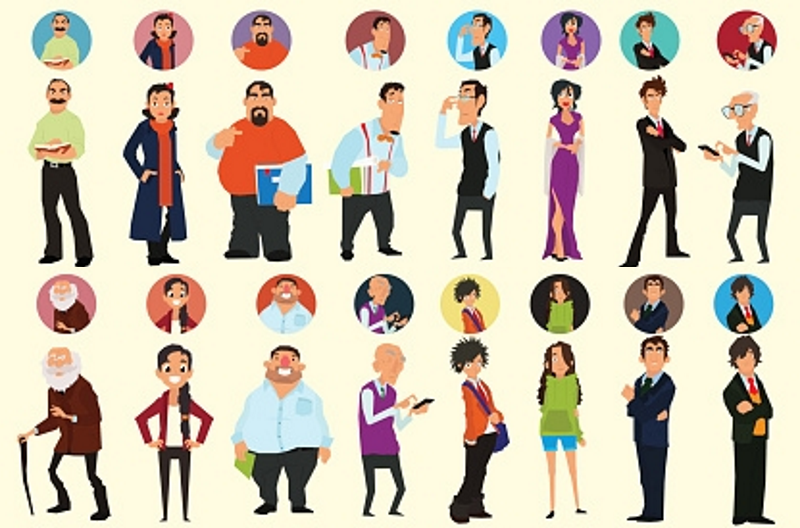 Very often, the most valuable thing in training is the experience of those who are close to you. And the main insights arise precisely when there is a discussion between the participants, and not a trainer's monologue. In addition, your drive is constantly supported by those around you. That is why people begin to grow quite quickly on popular educational programs. An important success factor is who you surround yourself with. nine0030
Very often, the most valuable thing in training is the experience of those who are close to you. And the main insights arise precisely when there is a discussion between the participants, and not a trainer's monologue. In addition, your drive is constantly supported by those around you. That is why people begin to grow quite quickly on popular educational programs. An important success factor is who you surround yourself with. nine0030
Those you teach
Does this work if you are not a professional in the subject, but just know a little about it? Yes. I would not recommend that you immediately call yourself a “Marketing / Management / Personal Growth Guru” (underline or add as necessary) and turn into another info businessman. But if you want to understand a certain issue well, then you can act as a teacher for someone who still does not know anything about this topic (or, conversely, knows and can correct you where you are wrong). nine0030
A mentor develops when he develops you, so you can use this little secret yourself by acting as a "mentor".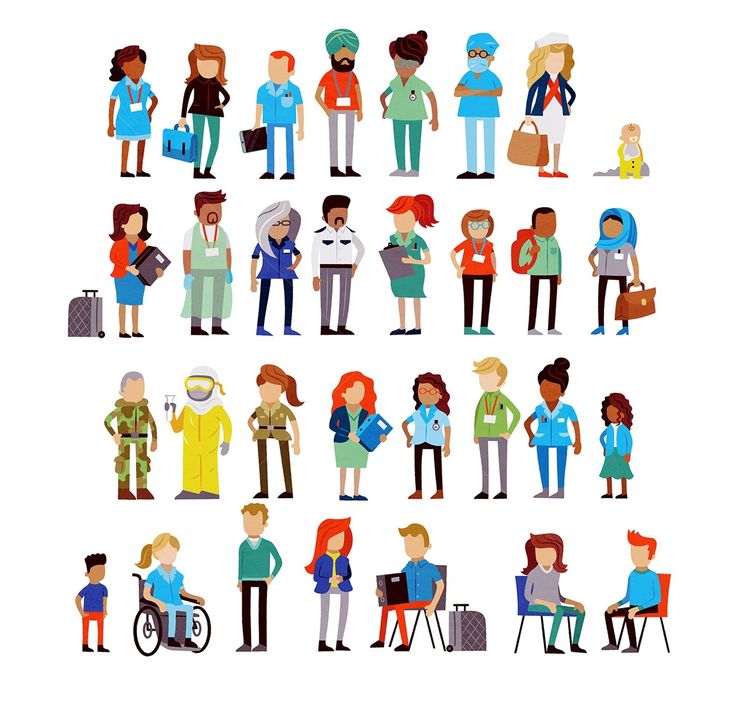 I remember when I conducted my first training, in the end I got the feeling that I had more insights and understanding on the topic than the training participants themselves. When I told my mentor about this, it turned out to be completely normal. Each person understands exactly what he is ready to understand and can understand at the moment in which he is. Therefore, for some time I had a rule: if you want to understand time management, conduct a time management training; if you want to understand the motivation process more deeply, develop and conduct a motivation training. nine0030
I remember when I conducted my first training, in the end I got the feeling that I had more insights and understanding on the topic than the training participants themselves. When I told my mentor about this, it turned out to be completely normal. Each person understands exactly what he is ready to understand and can understand at the moment in which he is. Therefore, for some time I had a rule: if you want to understand time management, conduct a time management training; if you want to understand the motivation process more deeply, develop and conduct a motivation training. nine0030
Correction: I'm not encouraging you to create hundreds of low-quality information products, of which there are already plenty on the market. You can simply invest some time in a thorough study of the literature and various materials on the topic and have a small meeting with friends, talking about the interesting tools that you learned about. During the meeting, as a rule, there will be a huge number of questions for which you will not have answers and you will have to look for them along the way, quickly understanding and, among other things, getting answers from the participants themselves.